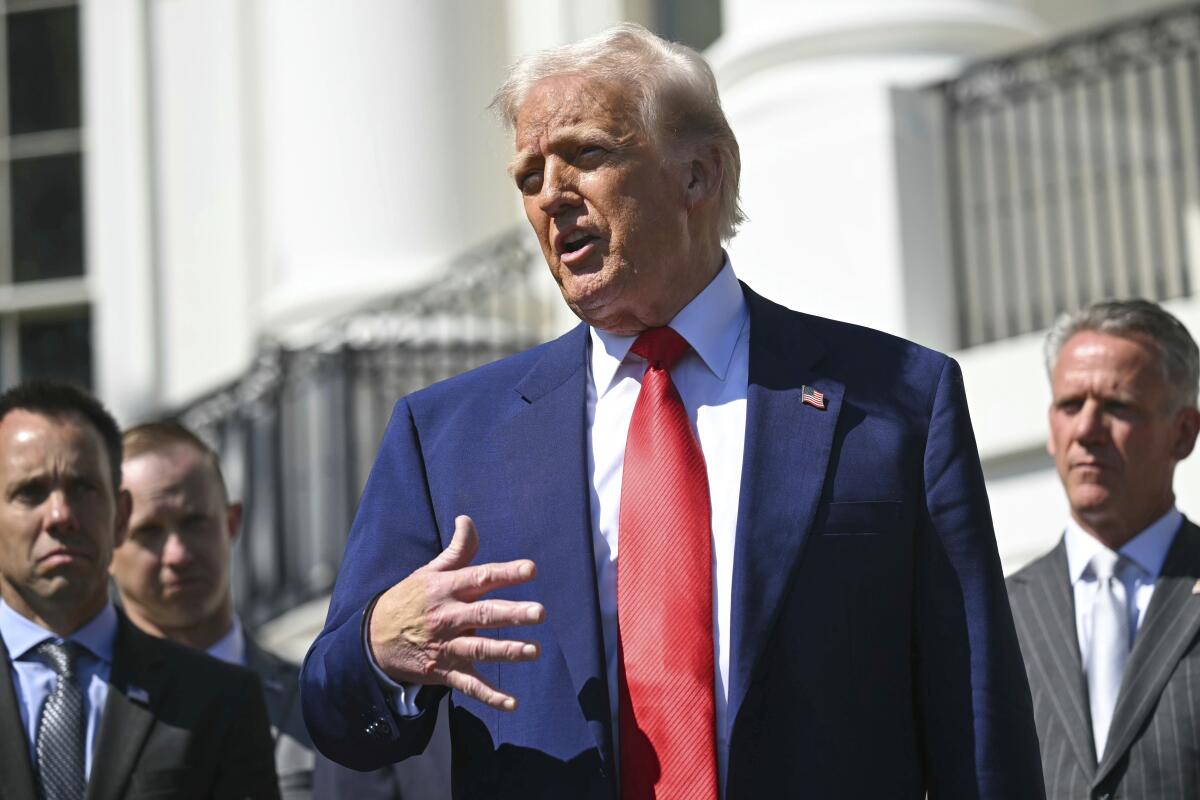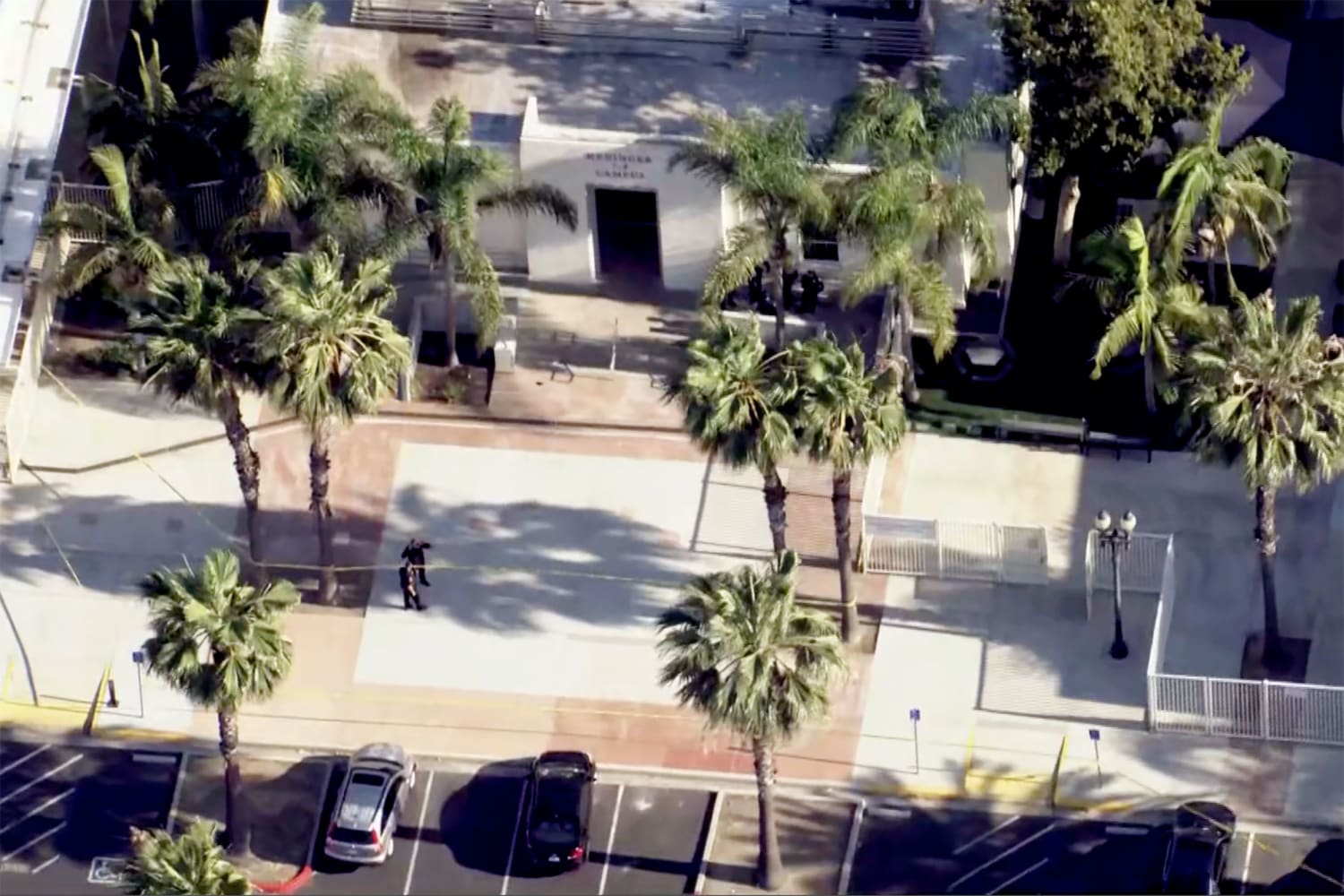Executive Summary
- Houthis launched a missile strike on Tel Aviv's Ben-Gurion Airport, prompting Israeli retaliation in Yemen.
- Iran has celebrated the Houthi strike as a significant victory, highlighting its proxy's capabilities and technology.
- Potential ceasefire negotiations are complicated by differing views and the broader geopolitical context involving the US, Iran, and Israel.
Event Overview
The recent escalation between Israel and the Houthis in Yemen was triggered by a Houthi missile attack on Ben-Gurion Airport in Tel Aviv. This action prompted immediate condemnation and retaliatory strikes from Israel, targeting Houthi-controlled areas within Yemen, including the port of Al-Hudaydah and Sana'a International Airport. The situation is further complicated by Iran's support for the Houthis and the potential involvement of the US in ceasefire negotiations, creating a complex web of regional tensions and geopolitical maneuvering.
Media Coverage Comparison
| Source | Key Angle / Focus | Unique Details Mentioned | Tone |
|---|---|---|---|
| Fox News | Israeli response to Houthi attack, including specific actions and warnings. | IDF issued evacuation order for Sana'a International Airport. Israel struck the port city of Al-Hudaydah. U.S. has hit approximately 800 Houthi targets since Operation Rough Rider commenced. | Objective, with emphasis on the security implications for Israel. |
| i24NEWS | Houthi threats and ceasefire complications. | US-Houthi ceasefire does not apply to Israel. Oman brokered a ceasefire between the US and the Houthis. | Neutral, focusing on geopolitical dynamics. |
| The Jerusalem Post | Iranian perspective on the Houthi attack and its implications. | Iranian media hails the Houthi strike as a major victory. Potential US-Yemen ceasefire seen as a positive development by Iran, potentially dividing US and Israel. | Analytical, highlighting Iranian narratives and geopolitical implications. |
Key Details & Data Points
- What: Houthi missile strike on Ben-Gurion Airport followed by Israeli retaliatory strikes in Yemen.
- Who: Houthis, Israel Defense Forces (IDF), Iranian government and media, U.S. government, civilians in affected areas.
- When: The events occurred in early May 2025, following escalation beginning on Sunday, May 4th. Continued into the week with retaliatory strikes and media coverage.
- Where: Tel Aviv (Israel), Sana'a and Al-Hudaydah (Yemen).
Key Statistics:
- Key statistic 1: 80% - Percentage of Yemen's food imports that pass through the port of Al-Hudaydah (Fox News).
- Key statistic 2: 20 - Approximate number of jets scrambled by Israel after the Houthi strike (Fox News).
- Key statistic 3: 800 - Number of Houthi targets reportedly hit by the US since Operation Rough Rider commenced (Fox News).
Analysis & Context
The Houthi missile strike on Ben-Gurion Airport and the subsequent Israeli retaliation represent a significant escalation in the ongoing conflict. Iran's enthusiastic embrace of the Houthi attack as a major victory underscores the proxy nature of the conflict and the broader geopolitical tensions at play. The potential for a US-brokered ceasefire adds another layer of complexity, with differing views on its scope and implications for regional stability. The situation poses significant risks for civilian populations and could further destabilize the region.
Notable Quotes
"We call upon you to evacuate the airport area - Sana'a International Airport - immediately and warn everyone in your vicinity of the need to evacuate this area immediately,"
“In the past two days since the Houthi missile struck Ben-Gurion Airport, the Iranians have been beside themselves. They are overjoyed and deeply satisfied with what they view as a major and meaningful success.
His comments about a ceasefire caught Israel completely by surprise. Iranian commentators said Israel had been ‘thrown under the bus,’ which is very painful.”
Conclusion
The conflict between Israel and the Houthis, fueled by Iranian support, continues to escalate, posing significant challenges for regional stability. While ceasefire negotiations are ongoing, differing perspectives and the complex geopolitical landscape suggest that a lasting resolution remains elusive. The situation requires careful diplomatic efforts to de-escalate tensions and address the underlying issues driving the conflict.
Disclaimer: This article was generated by an AI system that synthesizes information from multiple news sources. While efforts are made to ensure accuracy and objectivity, reporting nuances, potential biases, or errors from original sources may be reflected. The information presented here is for informational purposes and should be verified with primary sources, especially for critical decisions.









